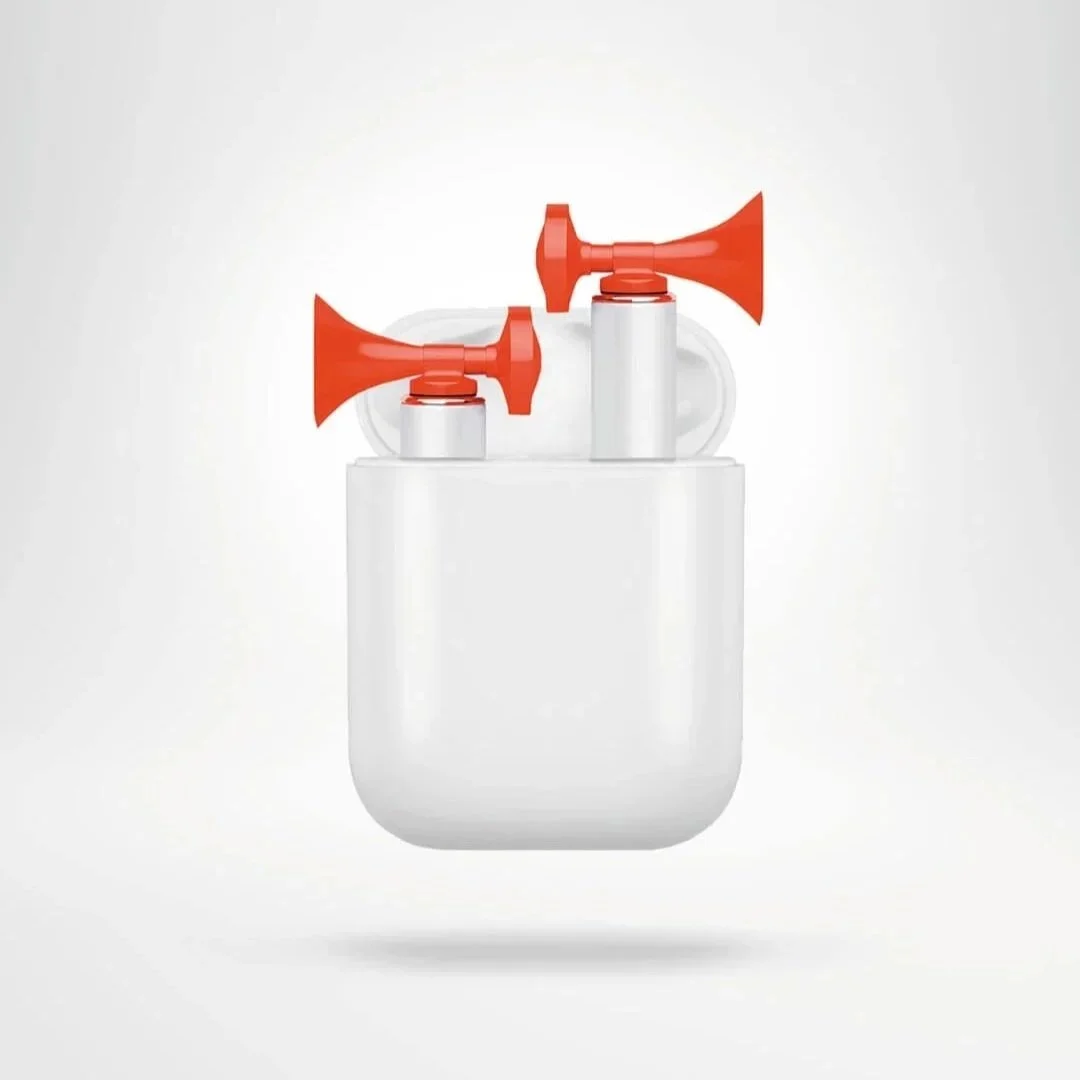By Oregon Health & Science University
Providing some basic standards of support will greatly increase diversity in fields of science and medicine, a group of scientists with hearing loss argue in a perspective published in the journal Frontiers in Education.
The perspective was coauthored by more than 40 deaf and hard of hearing engineers, scientists, and clinicians from around the world, including four from Oregon Health & Science University (OHSU).
The Oregon Hearing Research Center at OHSU includes nine faculty, staff, and graduate students who have hearing loss. Many coauthored a 2017 viewpoint published by the journal Science calling for a distributed network of peer mentors across academia for deaf and hard of hearing trainees, rather than a single specialized institution.
The new publication builds on the previous publication by laying out a series of concrete actions for professional societies.
“We strongly believe in paying it forward,” says co-lead author Brad Buran, Ph.D., an OHSU research instructor in the hearing research center who has a hearing loss. “As we become successful scientists, we have the expectations that we will support deaf and hard of hearing trainees who are working their way up the ladder.”
In addition to Buran, the other lead authors of the publication include Julia Jones Huyck, Ph.D., an associate professor of speech pathology and audiology at Kent State University; and Kelsey L. Anbuhl, Ph.D., a postdoctoral fellow in the Center of Neural Science at New York University.
Co-lead author Brad Buran, Ph.D., is an Oregon Health & Science University research instructor who has a hearing loss. A 2015 Emerging Research Grants scientist, Buran shared his hearing loss journey in the Winter 2017 issue of Hearing Health magazine.
The new publication lays out five pillars to support deaf and hard of hearing scientists for professional societies representing the fields of science, technology, engineering, mathematics, and medicine (STEM):
Foster Peer-Mentor Groups
Unlike traditional mentoring, the authors write that peer mentorship refers to formal or informal mentoring among people who share a common identity, including hearing loss. It can be especially valuable for underrepresented communities and people with disabilities.
Proactively Provide Equal Access
Professional conferences should provide captioning without expecting attendees to request it.
Buran notes that captioning talks and symposia at conferences benefits plenty of people, including non-native English speakers, attendees seated farther from the stage, or older attendees experiencing mild forms of hearing loss. He adds that this is just as important in the workplace, including lab meetings and seminars.
“Collaboration and communication are key elements of our discipline,” Buran says. “Historically, great burden has been placed on us to ensure we have the accommodations we need for communicating with our colleagues.”
Ease Financial Burdens
The authors cite the Association for Research in Otolaryngology (ARO) as an example of a professional society that has provided financial support for deaf and hard of hearing trainees to receive financial support to attend conferences, furthering their scientific and professional growth, and promoting equity for trainees with disabilities.
Recruit for Leadership Positions
Diverse perspectives at the senior level of an organization helps to foster innovation. To that end, the authors call for scientific and professional organizations to provide opportunities for deaf and hard of hearing faculty and trainees to on take leadership roles. For example, John Brigande, Ph.D., an associate professor of otolaryngology–head and neck surgery in the OHSU School of Medicine, has a hearing loss and serves on the leadership council of the ARO.
Establish a Culture of Inclusion and Equity
The authors call for scientific and professional organizations to not only take steps to support their diverse members, but encourage all members of the organizations to reflect, grow, and advocate for inclusion and equity in their professional and personal lives.
The paper’s two senior authors are J. Tilak Ratnanather, D.Phil., an associate research professor of biomedical engineering at Johns Hopkins University, and Peter S. Steyger, Ph.D., a professor of medicine in the Creighton University School of Medicine. Steyger was previously a professor in the hearing research center at OHSU and now directs the Translational Hearing Center at Creighton.
This originally appeared on the OHSU website. Many of the coauthors of the Frontiers in Education paper are past Emerging Research Grants (ERG) scientists, including Brad Buran, Ph.D. (2015), Robert Raphael, Ph.D. (2007 and 2022), Lina Reiss, Ph.D. (2012–2013), and Victor Wong, Ph.D. (2019). Senior coauthors J. Tilak Ratnanather, Ph.D., is a 1993–1995 ERG scientist, and Peter Steyger, Ph.D., is a 1995–1996 ERG grantee and the former chair of HHF’s Council of Scientific Trustees and a past member of HHF’s Board of Directors. OHSU’s John Brigande, Ph.D., is a member of HHF’s Hearing Restoration Project. All have contributed to Hearing Health magazine, including additional coauthors Sam Atcherson, Ph.D., and Dominic Pisani, Ph.D.







It bears repeating: What improves access for a group with a specific disability invariably also helps the greater population.